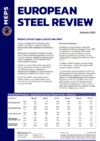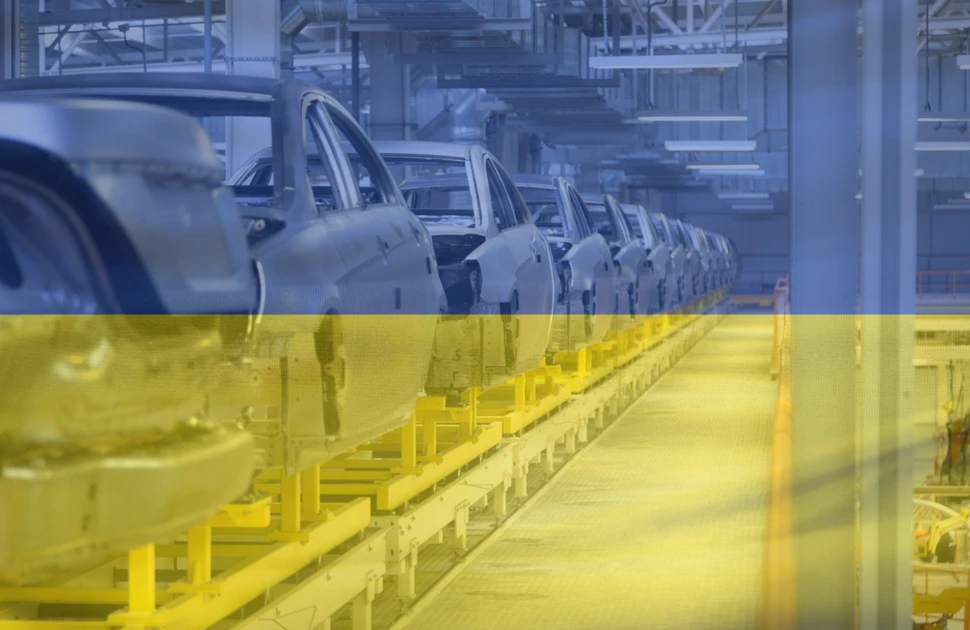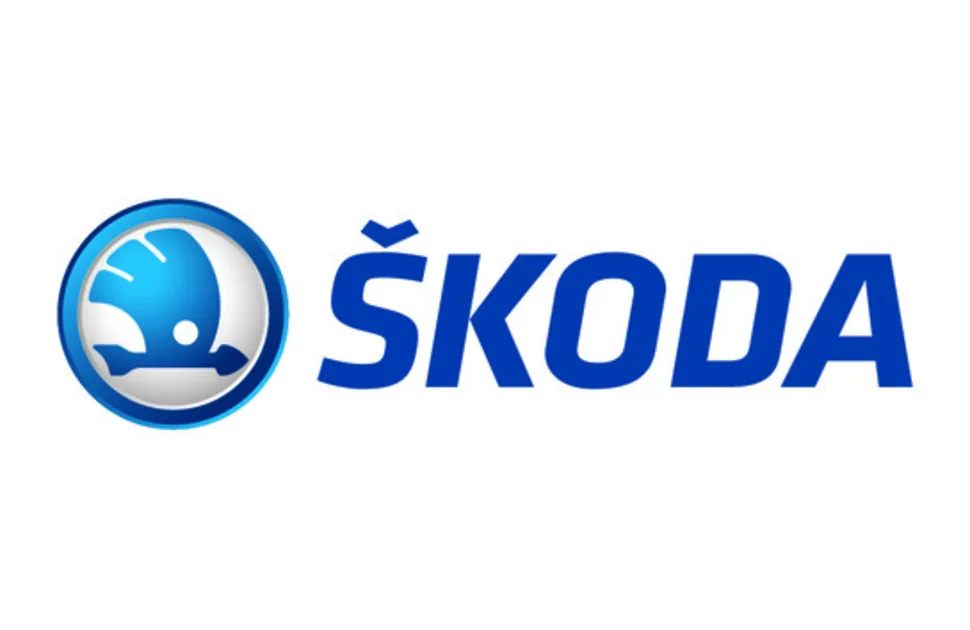War returns to Europe – How will it affect steel demand?
In the second part of this series, we analysed the effects of the Russia-Ukraine war on steel feedstock and energy costs in Western Europe. In part three, we examine the implications for steel demand and the economy.
Steel demand
Automotive
The outlook for the automotive industry was just starting to improve, as chips shortages were beginning to ease. A number of vehicle manufacturers, particularly those in Germany, are now cutting their output once again. This is due to lack of wiring and cable harnesses, plus tightening supply of metals such as aluminium and palladium.
Shortages of semiconductors and other essential components are expected to worsen. Consequently, steel requirements from the auto sector are likely to fall. Moreover, declining consumer confidence would diminish sales of new vehicles.
Construction
Despite existing challenges, the European construction sector was performing well, prior to the outbreak of war, boosted by the mild winter weather. Buyers in the building segment are now attempting to guarantee steel supply for their ongoing projects, but very expensive prices are eliminating their profit margins.
New schemes are likely to be delayed, as budgets need to be recalculated and may not be signed off. Problems associated with labour shortages, high costs, and poor availability of materials are likely to deepen further.
Economy
European economic activity is forecast to be adversely affected by high energy prices, in 2022. Moreover, the impact of the Russia-Ukraine war is likely to delay the easing of global supply chain bottlenecks that developed amid the Covid pandemic, further curtailing GDP growth. Investor confidence is expected to deteriorate. This would impede spending on capital goods – a large consumer of steel.
A reduction in household purchasing power is predicted, as a result of the escalating cost of utilities, fuel and food. Russia and Ukraine are major suppliers of agricultural products, such as wheat, corn, barley, and sunflower oil. The two countries are also key exporters of many common and rare non-ferrous metals. Reduced supply, and ensuing price rises, in this segment will add to inflation.
Monetary & fiscal policy
The European Central Bank may slow its programme of reduced asset purchases if financial conditions deteriorate. Interest rate hikes may also be delayed. Fiscal policies are being adjusted to offset the pressure on households and companies with high energy costs. However, concern exists that government action may be insufficient to sustain confidence levels amongst consumers and businesses.
Although a recession is not part of most economists’ latest projections, the risk is heightened. If, as part of Russian retaliatory measures to Western sanctions, energy supplies to Europe were cut off, at least two consecutive quarters of economic contraction would be anticipated.
Related Articles
Intro War returns to Europe - What does it mean for steel buyers?
Part 1 War returns to Europe - How will it affect steel supply?
Part 2 War returns to Europe - How will it affect steel feedstock?
EU outlaws Russian steel
Steel prices surge as war in Europe disrupts supply chains

Source:
European Steel Review
The MEPS European Steel Review is an informative, concise and easy-to-use monthly publication, offering unique professional insight into European carbon steel prices.
Go to productRequest a free publication





